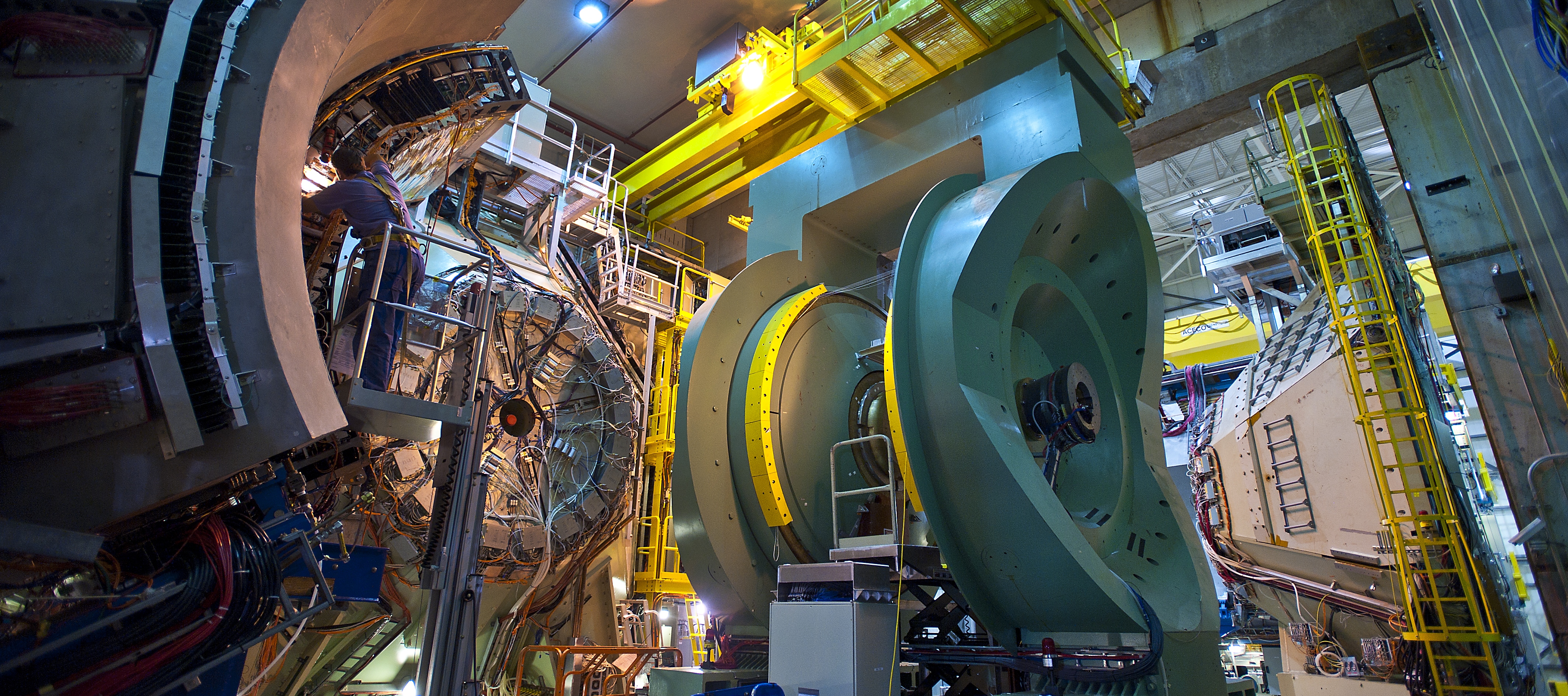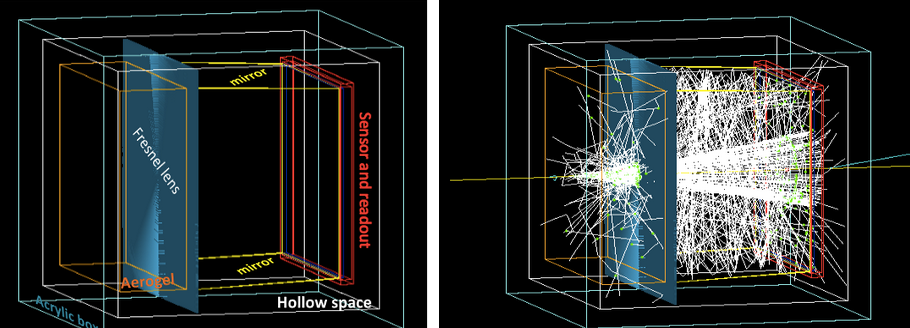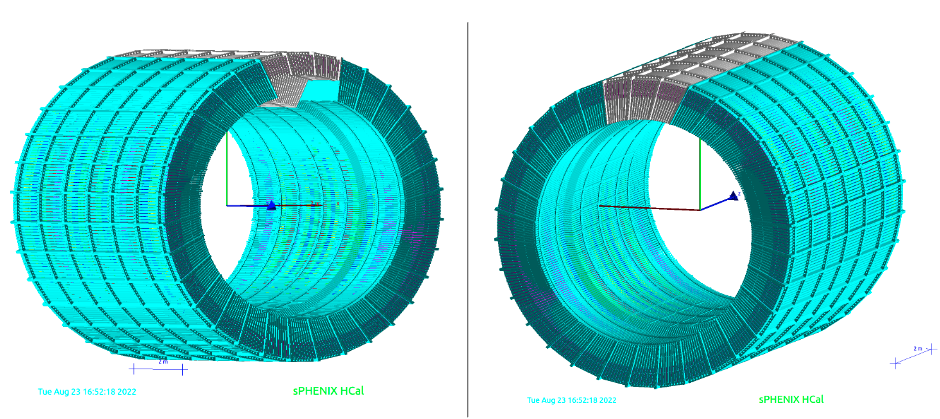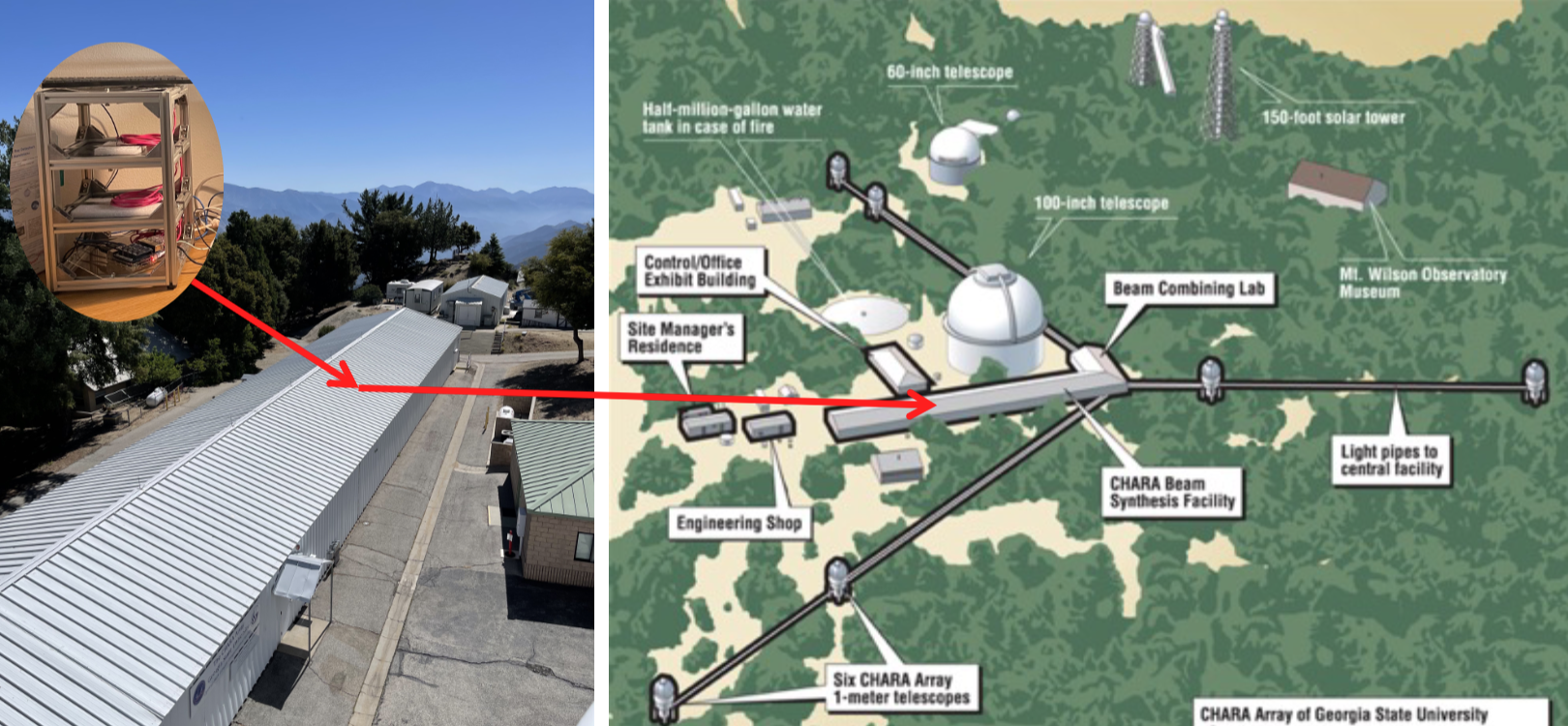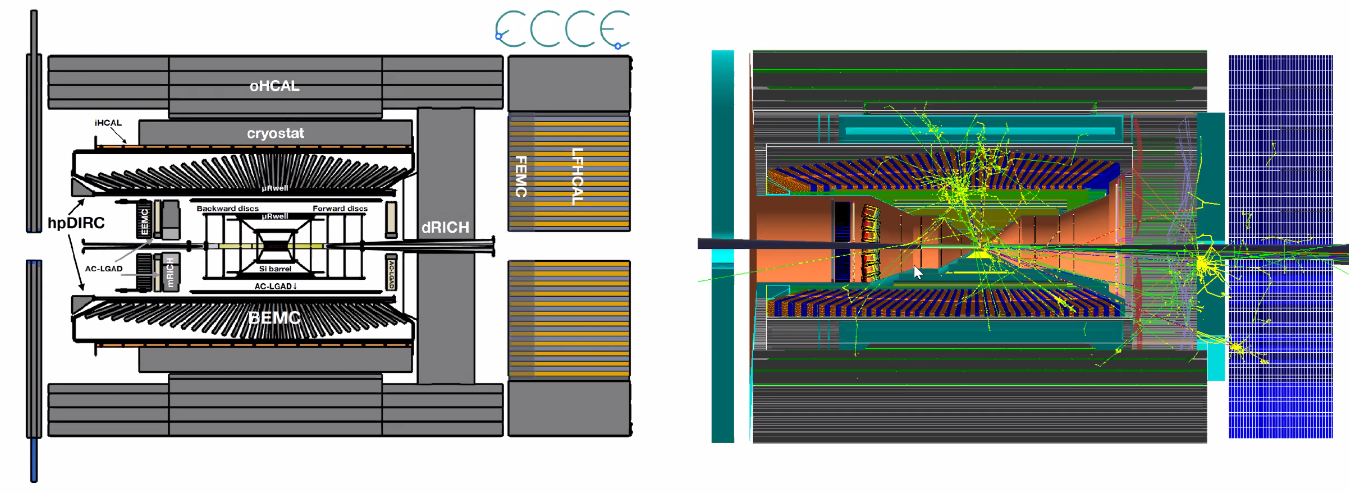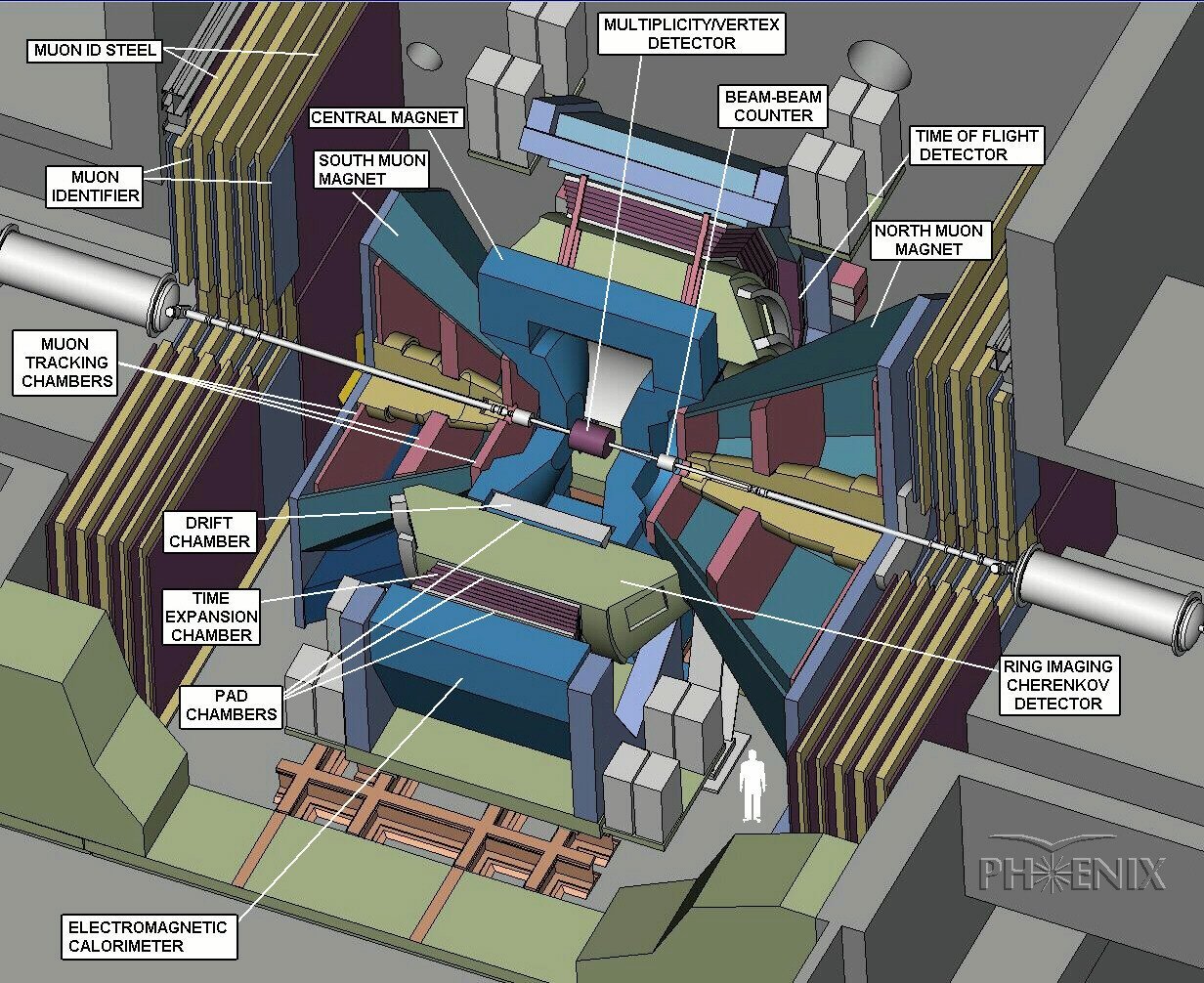
PHENIX detector at RHIC
The Nuclear Physics Group is one of the original members of the PHENIX Collaboration. The experiment started taking data in 2000 and was ended in 2016. Our faculty, postdocs, and students (both graduate and undergraduate) participated all years of data taking and made significant contributions toward publishing many important results from PHENIX.
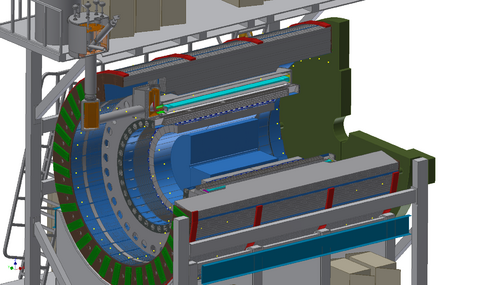
sPHENIX Detector at RHIC
The Nuclear Physics Group at Georgia State University is a member of sPHENIX Collaboration since its very beginning. The group has played significant roles in building the sPHENIX Hadronic Calorimeter, called HCal, from GEANT4 simulation, prototyping studies, and detector constructions. The sPHENIX experiment is scheduled to take data in early 2023.
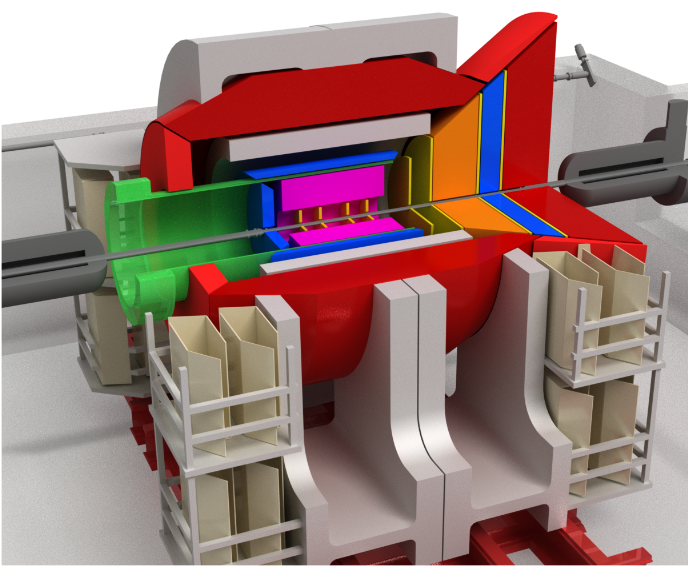
Electron-Ion Collider
The Electron-Ion Collider (EIC) project will advance our knowledge of the origin of mass and fundamental properties of nucleon. EIC will be built at Brookhaven National Lab which will be online in early 2030's. One of the key requirements of EIC experiments is the particle identification. The Nuclear Physics Group at GSU is leading on the development of a compact, projective, and modular ring image Cherenkov (mRICH) detector for particle identification.
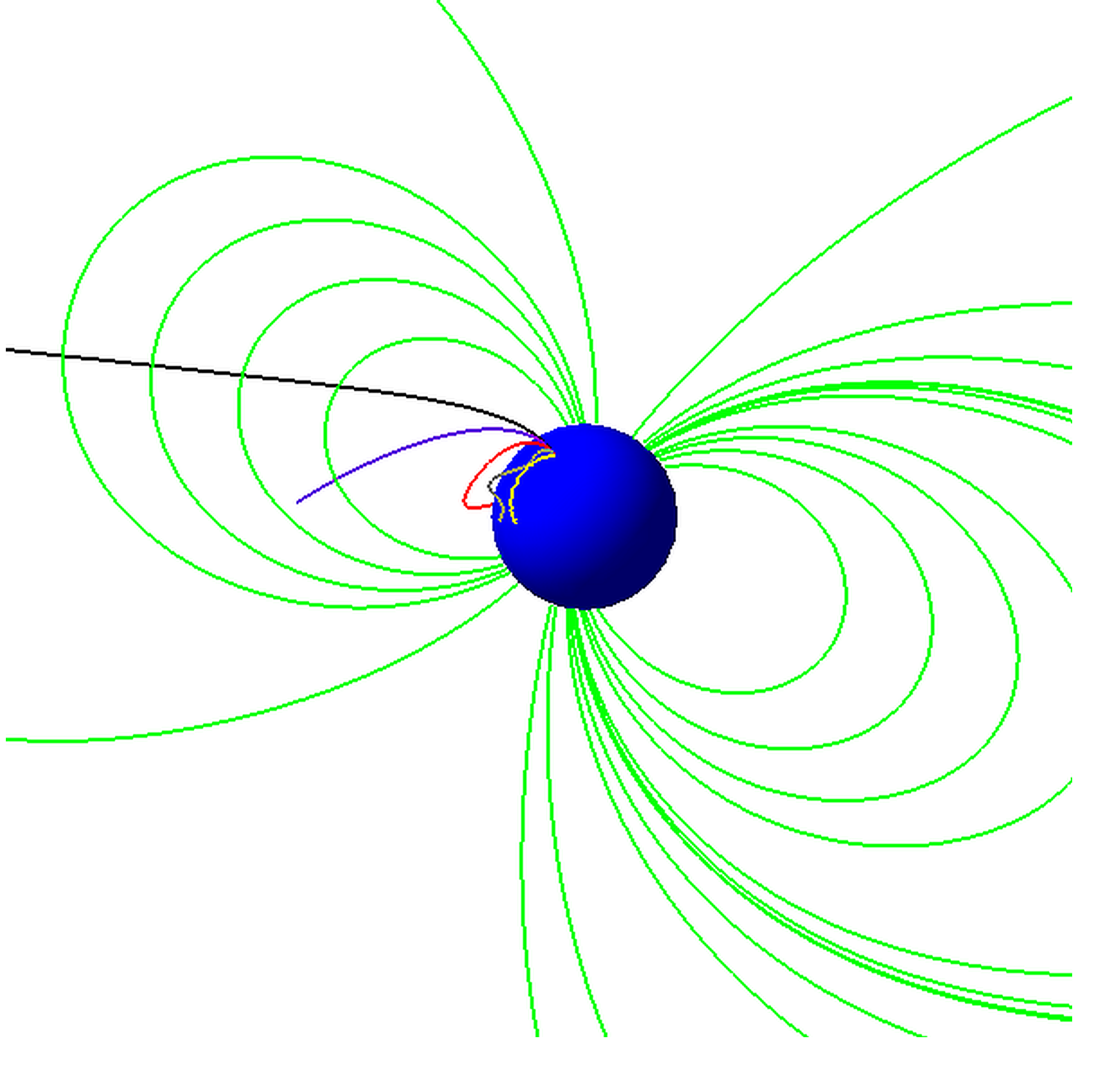
Cosmic Ray Science
In recent years, there is a growing interest of exploring the practical applications of cosmic ray muon and neutron measurements. The Nuclear Physics Group has developed a low-cost and portable cosmic ray muon detectors for building a cosmic ray muon detector network around the world in order to monitor the space and terrestrial weather. An interdisciplinary team at GSU has been formed to lead this project.
